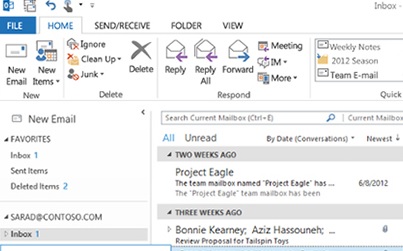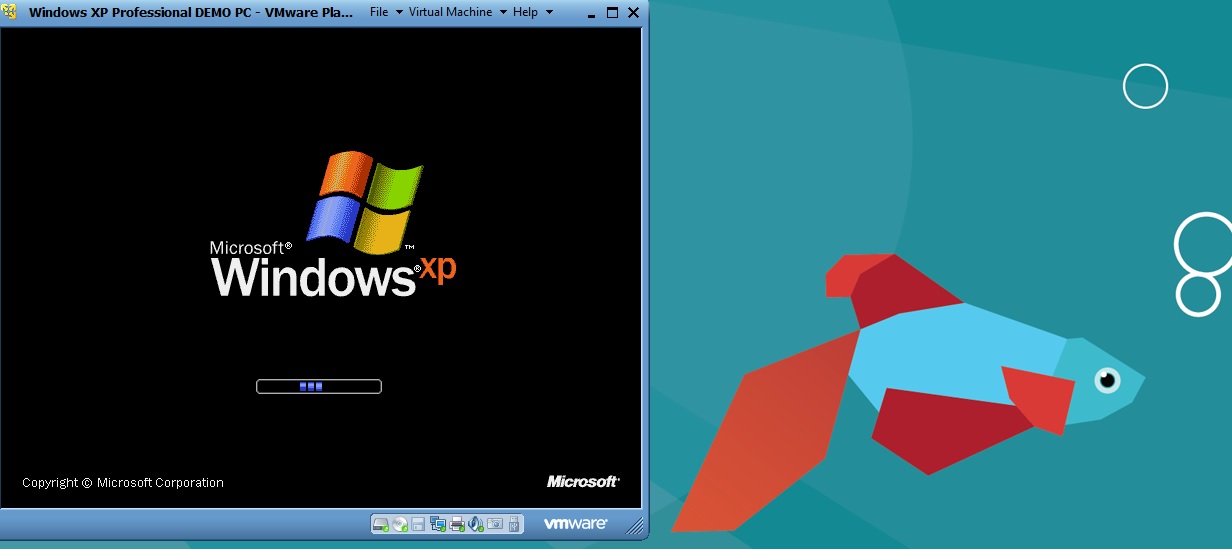This is an oddly specific error, and I don’t have any good screenshots to go with it, so I apologize, but it’s something I stumbled on to last week. When opening Outlook I got a very cryptic error message, but what jumped out at me was in the error it blamed the problem on “DPOfcx.” I found nothing useful about this error online, so I started picking through the computer until I realized it was an issue with HP ProtectTools. Generally, when we ship an HP out from our Help Desk, we uninstall this program (which is a pain in itself, because you need to first uninstall all ProtectTools modules, then the application itself). But this computer still had ProtectTools on it. Some users suggested changing your “DEP” settings in Windows, but that will open up an entirely different can of worms. Here’s the best solution I found: Continue reading “DPOfcx error when opening Outlook Resolved!”
Category: From the Help Desk
Script error when opening Outlook 2013

I was recently working on a completely unrelated issue, and someone asked “while I’m talking to you, can you look at this?” They opened Outlook 2013 on their computer and were greeted by a Script Error. I hadn’t even seen Outlook 2013 before this (I skipped the Office 2013 preview last year!), but I was pretty quickly able to figure this one out.
I don’t have Office 2013 in front of me right this second, but I believe the steps were very similar to these:
- Right click on your account name / email address on the left side of the screen.
- Click Properties.
- Click on the Home Page tab.
- Uncheck boxes for Outlook today – you want Outlook to open straight to the Inbox.
These steps may not be precise, but they should be close. My instructions will be refined once I get a personal copy of Outlook 2013 – comments for clarification are always welcome!
How to move away from x86 and into the future

I recently read an interesting take on Why Intel can’t kill x86. Even video game console manufacturers are encountering the same issues. The solution I’m about to propose must have been proposed a hundred times over, but I think now is a good time to revisit it. Virtualization and emulation. Let me explain. Continue reading “How to move away from x86 and into the future”
Chromebook: stop calling it a laptop
Google is so pleased with themselves. They’re seeing success with the recent Chromebook releases. Which made sense, in some form, when it was a few hundred dollars and had an impressive screen and physical design. But the Chromebook Pixel, which starts at $1,299 and goes upwards of $1,599, looks to many people browsing store shelves like a full blown “laptop.”
I will be the first to admit that over 80% of what I do on my computer is within my browser, these days. We live our lives on the World Wide Web, even if we don’t call it that anymore. Email is in the browser, Netflix is in the browser, Facebook, all of our news websites, even the tool I’m using to write this blog (and obviously how you’ll read it!) is all in a browser. Kudos to Google for identifying this. But for those other things? We need computers. Real ones. Not just browsers, or environments that look like Windows but are little more than a browser, like Google’s ChromeOS.
Google can pat themselves on the back all they want, but Google isn’t getting phone calls every day asking them “how do I install Quickbooks on this thing?” They would, except Google has gotten into the market of selling things without support. This was fine when everything was free. So what if GMail is down? It’s free! Or, it’s in beta! These were Google’s favorite defenses. But now they’ve achieved widespread use. They need to offer support. They need to hear the complaints their customers have, because right now, they’re marching onward so damn proud of their Chromebook sales. Meanwhile, every person I’ve met with a Chromebook so far? I’ve successfully talked them in to returning it to the store.
What do you mean I can’t install Word?. Well, Google offers Google Docs! It’s free! And it looks kind of like Word! But no, you can’t install the program you’re used to. And if your internet ever goes out, your productivity literally, not figuratively, just dropped to zero.
Google still lives in a Google world. Where everyone is a geek, who loves the idea of Google Buzz. Google forgets that there are still non-technical users out there. The people drawn to the iPhone? Are the same people who ask me why Word didn’t come with their new Windows computer. They don’t understand that Word 2007 and Windows 7 are different products. They don’t understand why they have to pay for Office 2011 on their new Mac if they want Outlook installed. They don’t understand that a Chromebook isn’t a computer, it’s a browser. And the people who pay over a thousand dollars? Are expecting a hell of a lot more than a browser.
Maybe I haven’t seen the right use case or product review, but I think the Chromebook, especially the Chromebook Pixel, is a waste of money.
